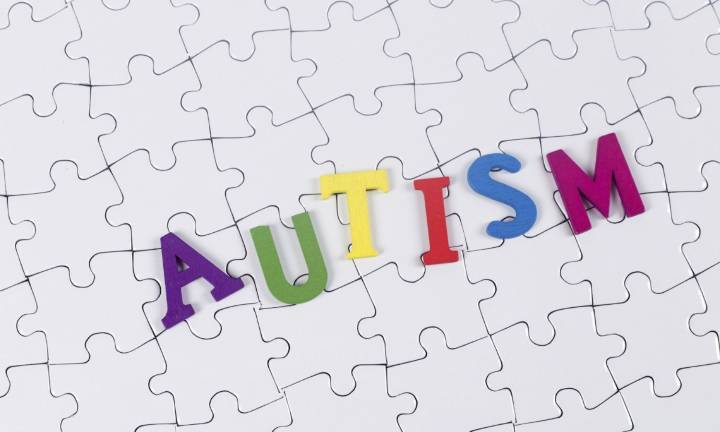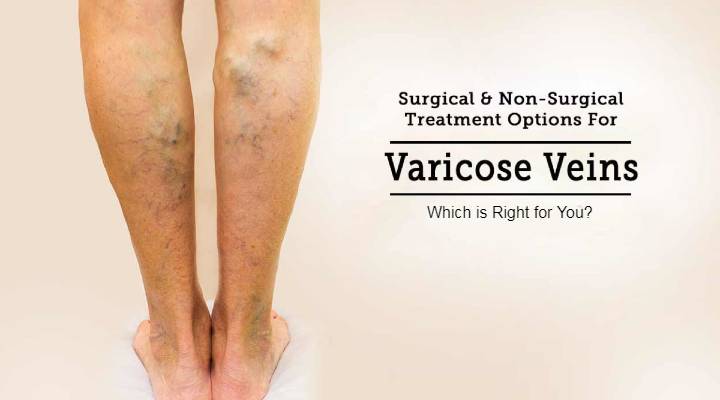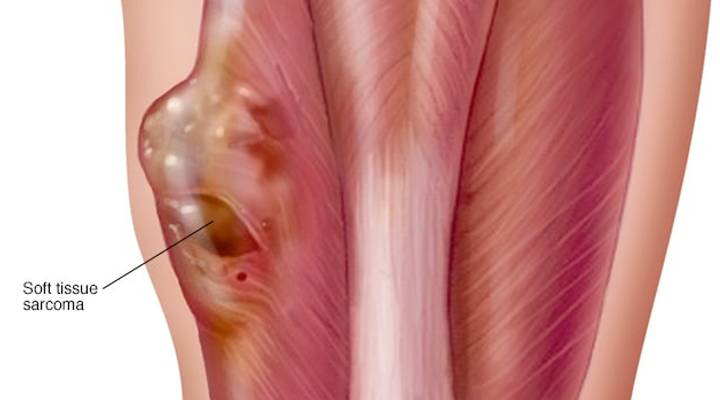Oral Health Care Do’s & Don’ts for New Moms and Kids

The quality of a mother’s prenatal oral health is known to not only affect her own growth and development, but also her child’s health through infancy, childhood, adolescence, and adulthood. Just as systemic diseases, such as hypertension and diabetes mellitus have been linked to adverse birth outcomes, oral diseases can impact pregnancy and fetal health. Building an awareness and taking active steps towards one’s dental hygiene can ensure optimal oral health for both you and your child.
Dental hygienists play a vital role in promoting oral health during conception, pregnancy, and post-partum. Oral health care is safe during the perinatal period and is essential for the health of the developing fetus and mother. Just as hormonal and physiological changes occur to the body during pregnancy, the oral cavity also undergoes certain changes during this sensitive time.
While pregnancy in particular is known to increase the risk of oral health complications, undergoing proper dental treatment during this process will ensure that you and your child do not have long term dental problems. Post childbirth, dental hygiene therapy, appropriate prevention and disease management can benefit both the mother and the infant. Dental hygienists can identify and treat several commonly encountered oral complications that arise during pregnancy.
An active step of precaution that can help is taking a comprehensive gingival oral and periodontal oral assessment, to identify any changes to the gingival tissues. This is especially helpful since pregnancy gingivitis is one of the most common oral complications during pregnancy, affecting 60%-75% of all pregnant women.
After childbirth as well, dental hygienists can continue to care for the mother as well as facilitate care for the infant. Anticipatory guidance related to the infant’s oral health can be provided by the dental team. This type of counselling includes instruction on when to establish infant oral health care and how to take care of the primary and permanent phases of the dentition, guiding you throughout the journey.
Additionally, you could always take your baby to your own routine check-ups and this will further help your child to get used to the surroundings. The baby’s own checkups can start any time from about 6 month or from when the teeth start to appear.
Here are some special dental care tips for Mom and Baby one can practice for adequate dental care:
For Mom:
- Brush twice a day. Use Fluoride toothpaste and floss everyday
- When you need a snack, choose foods that are low in sugar and packed with nutrition such as raw fruits and vegetables, yoghurt or cheese
- Drink plenty of water
- You can use a mouth rinse recommended by your dentist to control plaque or if you’re vomiting during your pregnancy, try rinsing mouth with baking soda mixed with water. This can avoid tooth enamel wear.
For Baby:
Tooth decay is the most frequent childhood disease but is also preventable. The most common cause of tooth decay in young children is frequent prolonged exposure of the teeth to sugary drinks. Here are some helpful tips to prevent tooth decay in your child and provide quality dental care –
- Put only plain water, formula, milk or breast milk in bottles. Avoid filling the bottles with fruit juices or sweetened water.
- Never put your baby to bed with a bottle. Even when its breast milk or formula, it can still decay teeth
- Use clean pacifiers – do not dip them in honey or sugar.
- Begin cleaning baby’s mouth during the first few days by wiping the gums with a clean, moist gauze pad. From when your child’s teeth start erupting until age 3, brush the teeth gently twice a day with a child-size brush and pea sized amount of toothpaste, also make sure they spit out the toothpaste
Once your infant is growing up, until you’re comfortable that your child can brush his/her own teeth, it is advisable that you continue to brush your child’s teeth yourself. When your child has 2 teeth that touch, you should begin flossing their teeth daily. Additionally, as soon as your child’s tooth appears, take the time to schedule a dental visit. The ADA recommends that the first dental visit take place within 6 months after the first tooth appears, but no later than a child’s first birthday. It is wise not to wait till they start going to school or until there’s a dental emergency.
Making sure that your child is taking proper care of their teeth can be a little tricky since there is a myriad of different advices a young mother can get on maintaining good oral health care. But it is up to you to see what works best for you and your child and develop firm routines that will help protect you and your child from dental problems. Getting into the groove early on is sure to put your baby on the right path, to a healthy smile from the start.







